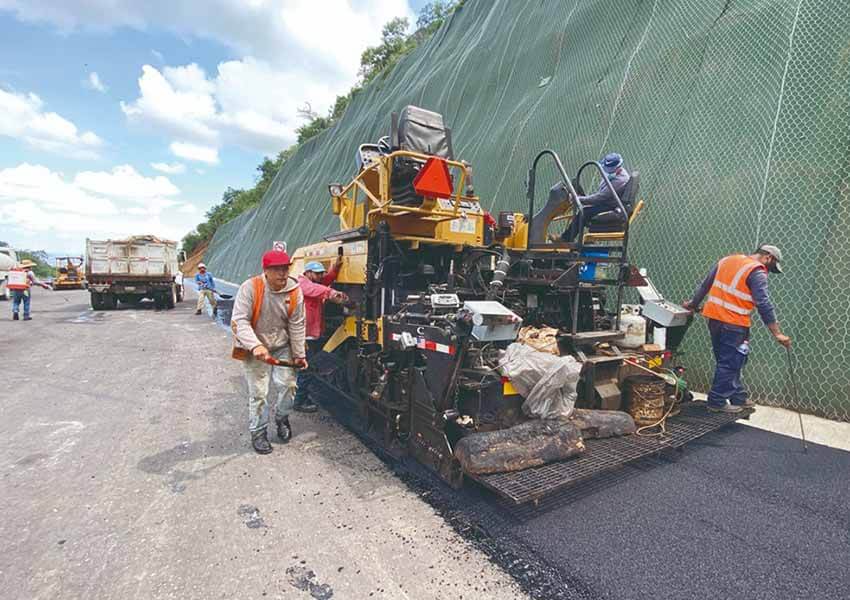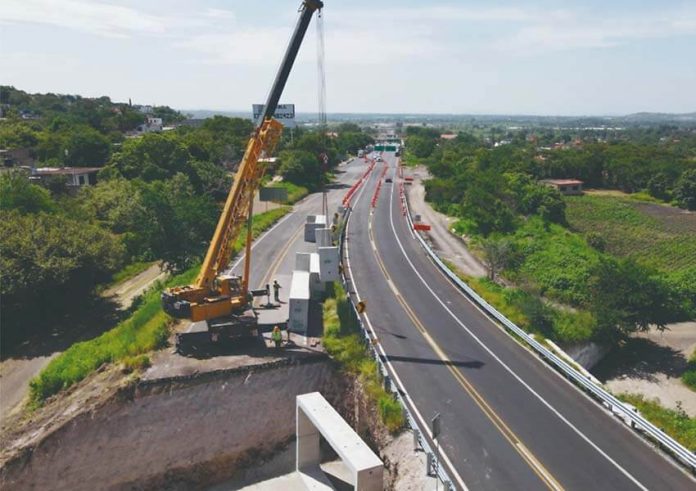Work on a long-opposed highway in Morelos is set to be completed in August, President López Obrador said in his regular morning news conference on Wednesday.
The 34.2-kilometer modernization of the La Pera-Cuautla highway is set to ease congestion for residents of seven of the state’s municipalities.
The highway, which runs roughly 20 kilometers north of the state capital Cuernavaca to 45 kilometers east of the city, is being widened from two lanes to four and is expected to benefit the municipalities of Cuernavaca, Tepoztlán, Yautepec, Tlayacapan, Atlatlahucan, Yecapixtla and Cuautla, as well as drivers from Puebla and Mexico City.
The project was planned by former president Felipe Calderón’s government and initiated in the administration of Enrique Peña Nieto. It suffered several judicial setbacks due to opposition from activists and residents, who accused engineers of passing through woodland and areas considered sacred.
President López Obrador supervised progress on the highway on Friday.

“I have just been in Tepoztlán. The highway is being expanded. It will look very good, and we are going to deliver it … in August … It had not advanced for years,” he said on Monday.
The president insisted that the expansion was necessary, despite its environmental impact. “In one way or another a highway interrupts and interferes with a life of meditation and tranquility … It was necessary work because there is a lot of traffic, and the roads issue had to be resolved, taking care not to be destructive,” he said.
In the president’s view, the work was more justifiable than a previous proposal. “They even wanted to set up a golf course, and the villagers objected,” he added.
The Transport Ministry reported in October that the work was 82.3% complete. It said at the time that the investment was 4.4 billion pesos (US $215 million). It also detailed that the journey along the modernized stretch would take 30 minutes, rather the 48 minutes it currently takes, according to Google Maps.
The project’s progress is more positive news for the president after the inauguration of the Felipe Ángeles International Airport (AIFA) on March 21, built to serve Mexico City. However, his flagship Maya Train, which is to connect the country’s southeastern states of Tabasco, Campeche, Chiapas, Yucatán and Quintana Roo, faces legal challenges and opposition from environmental activists.
